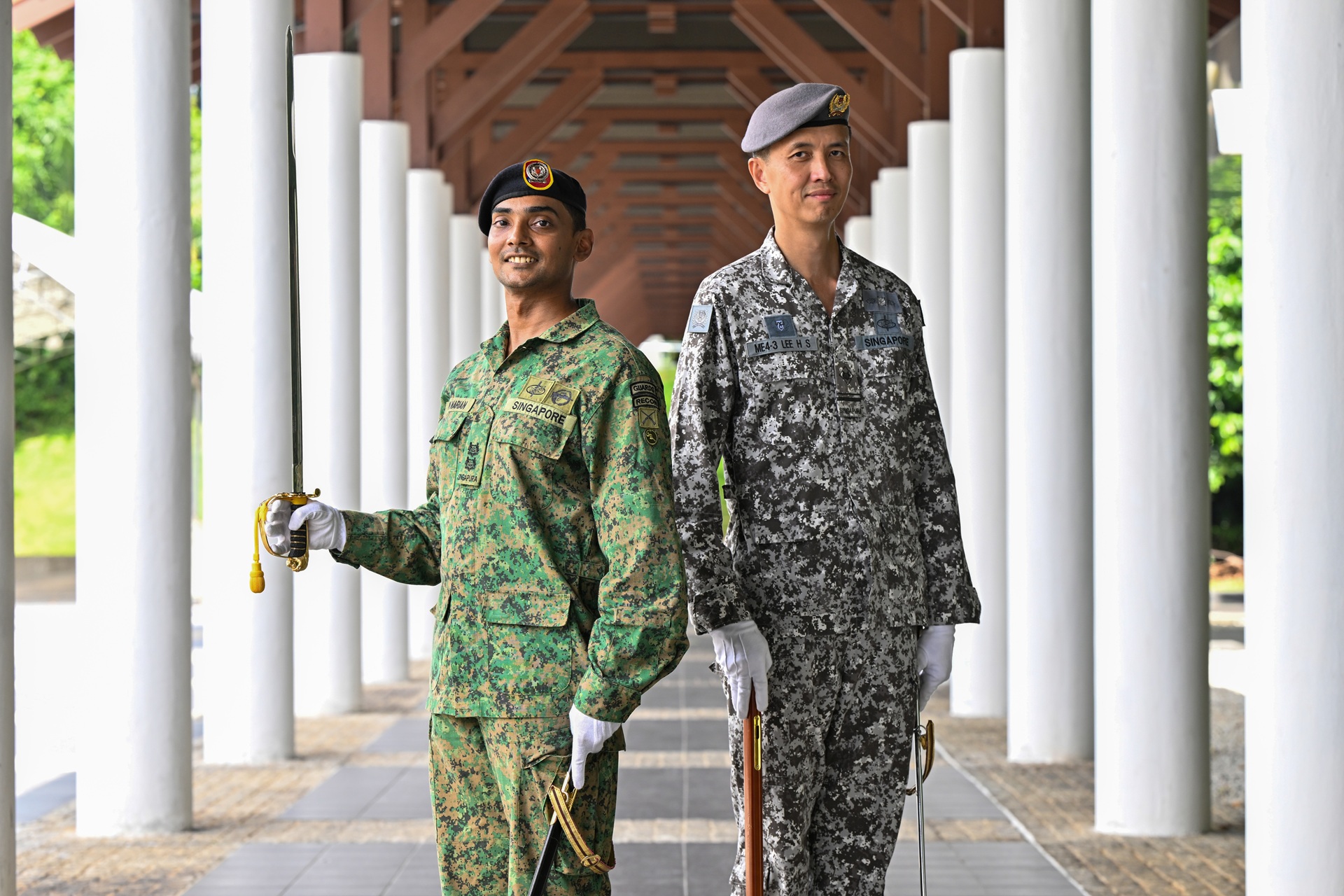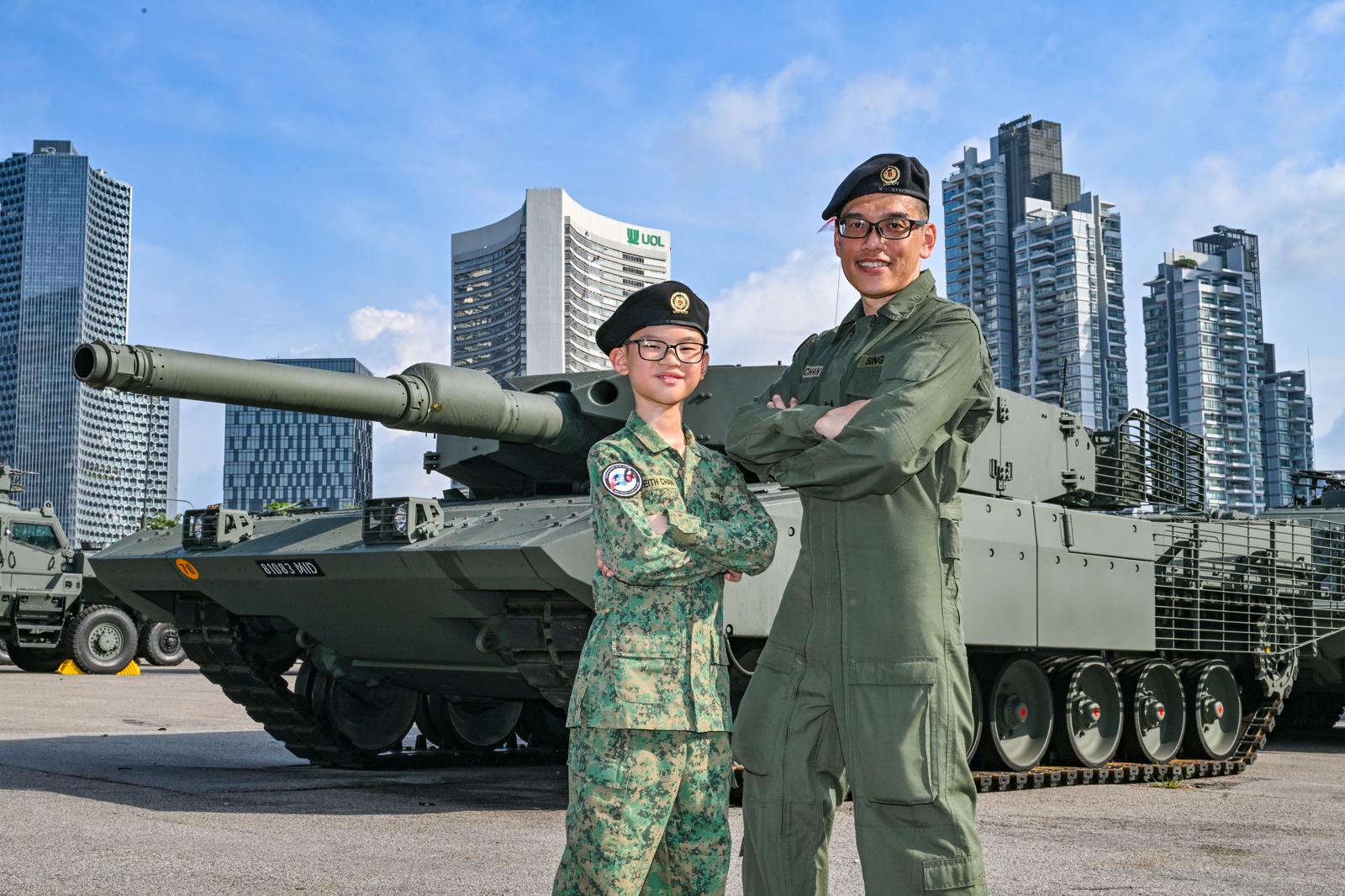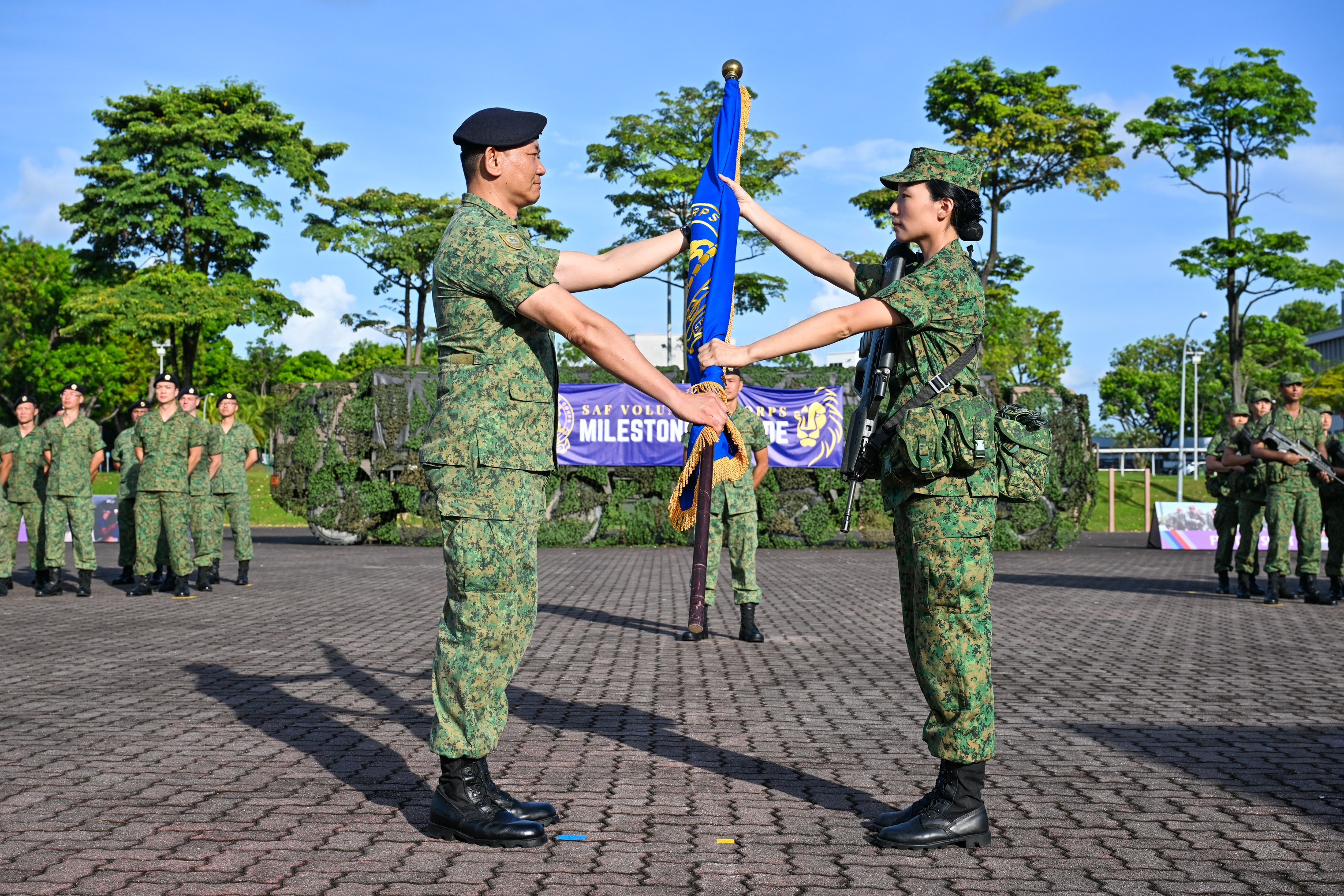MISSION COMPLETE IN THE GULF
PHOTO // PIONEER Photographers and Courtesy of the RSN and RSAF
As a "little red dot", Singapore might seem to have little to offer other countries. But in reality, the SAF has been contributing steadily within its means to United Nations-sanctioned peace support and international security operations.
One such overseas contribution was the SAF's series of deployments to the Gulf, which began in 2003 and concluded at the end of last year with the return of the Landing Ship Tank, RSS Resolution, from the North Arabian Gulf on 20 Dec 08. PIONEER looks back at the various deployments made over the last six years, and shares the experiences of some of the men and women who played a part in this major undertaking.
Recognising that stability in the Middle East has significant security and economic implications for counter-terrorism operations as well as the global supply of oil, the Singapore Armed Forces (SAF) has made 11 deployments - comprising a C-130 Hercules transport aircraft, five KC-135R tanker aircraft and five Landing Ships Tank (LSTs) - in aid of the multinational effort to rebuild post-war Iraq.
The Overseas Service Medal presentation ceremony, held at the Ministry of Defence Auditorium on 20 Mar, honoured the valuable work done by SAF troops in the latest deployment to the Gulf and marked the completion of Singapore's contributions to Iraq. Said Minister for Defence Teo Chee Hean at the ceremony: "Our contributions represented small but niche capabilities which were operationally useful to the coalition effort."
Contributing versatility, reliability
For instance, the Republic of Singapore Air Force's (RSAF's) KC-135R provided air-to-air refuelling support to a wide variety of aircraft. This capability was highly sought after by the coalition forces as these planes could refuel aircraft ranging from fighter jets to and other tanker aircraft.
The KC-135Rs offloaded about 14 million pounds of fuel to 1,407 aircraft in 303 refuelling sorties. Lieutenant Colonel (LTC) Sivaraman Rajan, who was the Detachment Commander for all five KC-135R deployments, elaborated: "Besides appreciating the flexibility our assets offered, the coalition forces also valued and respected the professionalism of our personnel... Year on year, although we provided a small force, we held our own and achieved a high mission success rate."
He added: "In fact, the US leaders labelled us 'Mr Automatic' because they were confident that when tasked with a mission, we would always do a good job."
The C-130 detachment flew about 190 hours and completed 29 airlift missions to airfields in Iraq and Kuwait. They assisted coalition forces by carrying supplies, personnel and humanitarian material, as well as conducting medical evacuation operations.
While in the Middle East, the LSTs from the Republic of Singapore Navy (RSN) played an important role in guarding the waters around key Iraqi oil platforms such as the Al-Basra Oil Terminal. This critical installation in the North Arabian Gulf accounts for more than 90 percent of Iraq's oil output.
The five LSTs spent 301 days at sea conducting area patrols, security sweeps and boarding operations on passing ships, as well as providing vital logistics support for coalition vessels and helicopters.
The Navy took on additional responsibilities from the second deployment onwards as the Surface Action Commander, which entailed taking command of multinational ships from established navies of countries such as Australia and the United States, to protect the Al-Basra Oil Terminal.
Commending the latest LST deployment on its sterling performance, the Commander of Combined Task Force (CTF) 158, Commodore Bruce Kafer of the Royal Australian Navy, said: "RSS Resolution has made a critical contribution to CTF 158's mission of safeguarding Iraqi waterways and infrastructure protection."
CTF 158 is the maritime component of the multinational task force assisting in the reconstruction of Iraq by protecting the nation's vital oil infrastructure and carrying out maritime security operations in the North Arabian Gulf.
In later deployments, the LST also acted as a forward-planning and logistics-staging platform to facilitate Iraqi navy operations. In addition, the crew provided training assistance on basic seamanship and medical skills for personnel of the Iraqi navy, to better prepare them for their roles in defending their sovereignty and economy.
LTA Lin (right), who extended his NS stint to be a part of the deployment to the Gulf.
Answering the call of duty
Of the 1,000-odd personnel who participated in the 11 deployments, more than 100 have served in multiple missions.
Besides veterans like LTC Sivaraman, servicemen such as 1st Sergeant (1SG) Cheong Hwee Lee have also participated in several missions to the Gulf. She participated in the second, fourth and fifth sea deployments. When 1SG Cheong learnt that a fellow colleague had to drop out of the fourth sea deployment due to unforeseen personal matters at home, the Leading Weapons Electronic Specialist from RSS Resolution readily indicated her interest in participating in the mission despite the short notice.
"I felt that I should give a helping hand to my course-mate. Another reason is because I wanted to share my experiences and knowledge from the second sea deployment with the crew who were going," she explained.
For Full-time National Serviceman (NSF) Lieutenant (LTA) Lin Dian Xue, the chance to be part of the SAF's last deployment to the Gulf was something not to be missed. Calling it "an opportunity of a lifetime," he chose to extend his Operationally Ready Date (ORD) by about two months in order to serve on board the RSS Resolution. Said LTA Lin about his decision: "I was excited and raring to go for this mission. Naturally, my parents were rather worried. But after I explained my reasons for going, they supported my aspirations to contribute more during my National Service."
Rising to the challenge
Every new environment comes with new challenges. This was especially so for the SAF s personnel in a complex and dynamic area like the Gulf.
As the KC-135R Detachment Commander, LTC Sivaraman was responsible not just for the successful accomplishment of all missions, but also the welfare of his men. Given the demanding desert environment, where temperatures can rise to a searing 48 degrees Celsius, long working days of eight to 12 hours, and being more than 6,400km away from home, sustaining the team s focus and morale was no easy task.
"Conducting operations in a non-benign setting has its fair share of complexities and challenges, especially when there are uncertainties involved in your missions, such as contending with prevalent threats of being hit by surface-to-air missiles and small arms firing," he explained.
According to LTC Sivaraman, however, such challenges come with their rewards. "I always look forward to subsequent deployments because I feel that I ve grown in every deployment," he noted. "Apart from ensuring that my management skills were up to speed, I had to brush up on other essential skill sets like my counselling and coaching, as well as the ability to inspire confidence in the guys. To that end, I ve really expanded my horizons in learning to address their concerns and motivate them to do a good job."
Adding that they were plugged into the Combined Air Operations Centre, the nerve centre which oversees air operations in the Gulf region, he said: "Besides learning more about refuelling operations in the course of our work, this also gave us the opportunity to observe how the other coalition forces operate, as well as learn about the planning and coordination that goes into an air campaign of this magnitude."
LTC Sivaraman, former CO 112 Squadron, is proud that the KC-135R squadron was able to meet all operational demands despite being straddled across two theatres, one in the Gulf and one at home.
An RSAF KC-135R (left) tanker aircraft refuelling a fighter jet during its deployment to the Gulf.
COL Miranda, who was the lead operations planner for the first sea deployment and was involved in all five sea deployments.
Taking on the Gulf
Sharing similar sentiments was Colonel (COL) Bernard Miranda, who commented that "after these missions, we have all become stronger, and we are more capable and ready to take on more challenging missions".
COL Miranda was the lead operations planner for the first sea deployment, Mission Commander for the second and third deployments, as well as the last quarter in the fourth deployment, and Deputy Commander Task Force Ashore for the fifth sea deployment.
"Protecting the oil terminals is a big responsibility because they are the lifeline of Iraq, so we worked very closely with the coalition forces to ensure that they were safe 24/7," said the commander.
1SG Hafiz realised the importance of constant vigilance during his stint in the Gulf.
One of the potential threats faced in the challenging operating environment of the Gulf were terrorist attacks on the oil terminals via explosive-laden boats. To mitigate this risk, the RSN employed measures such as the use of Unmanned Surface Vehicles (USVs), which could be controlled remotely to intercept suspicious vessels, shared COL Miranda. These Protector USVs made their operational debut in the second sea deployment in 2005.
He added: "Every craft in that area can potentially be a threat, but the important thing is to be trained well, equipped well, and always on our guard."
Similarly, 1SG Muhamad Hafiz Bin Sazali, who served as part of the ship security team manning the machine guns at the front of the ship in the fifth LST deployment, commented that one of the key takeaways from his first mission abroad was realising the importance of constant vigilance.
"We were the last line of defence of the ship, so we had to be ready to disable any threat that might approach... It was quite an experience to know that we were in a live situation and if activated, we would have to fire to immobilise the threat," he shared. "I learnt to be on my toes for the whole three months of the mission. Even during our rest time, my equipment was placed in such a way that I would be up and ready at any moment if called to man my weapon."
1SG Hafiz was one of the four Army personnel among the 200 crew members from the latest deployment on the RSS Resolution who received the Overseas Service Medal on 20 Mar. Fifty-four of these personnel also received the Bar (Enhanced) award for taking part in the same overseas mission more than once, or for serving 180 days or more in the same operation.
Presented by Mr Teo (right), the Overseas Service Medal recognises the valuable work done by SAF personnel such as 1SG Cheong (left) in overseas deployments.
Emerging a stronger force
While the SAF troops were always conscious of the need to remain sharp and vigilant at all times in the complex operating environment of the Gulf, they were also glad to note that their efforts had made a positive impact on stabilising the situation in Iraq.
Said LTC Sivaraman: "The insurgency activity in the initial deployments was fairly high, but in the last few years, there has been a significant dip in the number of reports and sightings of surface-to-air threats."
Remarking on the difference in the Iraqi navy between her first and last deployments, 1SG Cheong commented: "They were still starting out and building their forces in the first deployment I went on, but now, I can see that they have become more professional and capable of protecting their own waters."
Said Mr Teo in his speech at the medal presentation ceremony: "Significant progress has been made in Iraq. Iraqi security forces are now ready to take over the responsibility of protecting their own country. As the coalition forces plan a phased draw-down of troops in Iraq, Singapore's deployments for operations in Iraq have likewise come to a close."
In congratulating all the medal recipients on a job well done, Mr Teo stressed that even as Singapore draws the curtains on this series of deployments to the Gulf, "the experiences that we take away from Iraq are valuable operational lessons lessons that will put us in good stead for future missions that the SAF may be called upon to execute".
This view was shared by LTA Lin, who told PIONEER: "I think everybody has matured in the course of the mission... We adapted ourselves to the operating environment and made sure that we were able to complete all our tasks efficiently despite the extreme weather conditions and risks that we faced."
He concluded: "The skills and knowledge that I've learnt are lessons in life that I can take with me wherever I go... This was an opportunity to make a difference, and I feel that we did in a small but meaningful way."
As the SAF closes the chapter on missions in the Gulf, it is preparing to deploy an LST, with two Super Puma helicopters embarked, to the Gulf of Aden this year.
There, it will work with the newly formed CTF 151 to protect shipping in this vital waterway off the coast of Somalia. CTF 151 is a multinational task force that conducts counter-piracy operations in the Gulf of Aden, Red Sea, Indian Ocean and Arabian Sea.
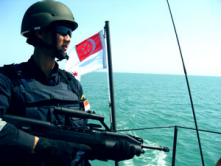
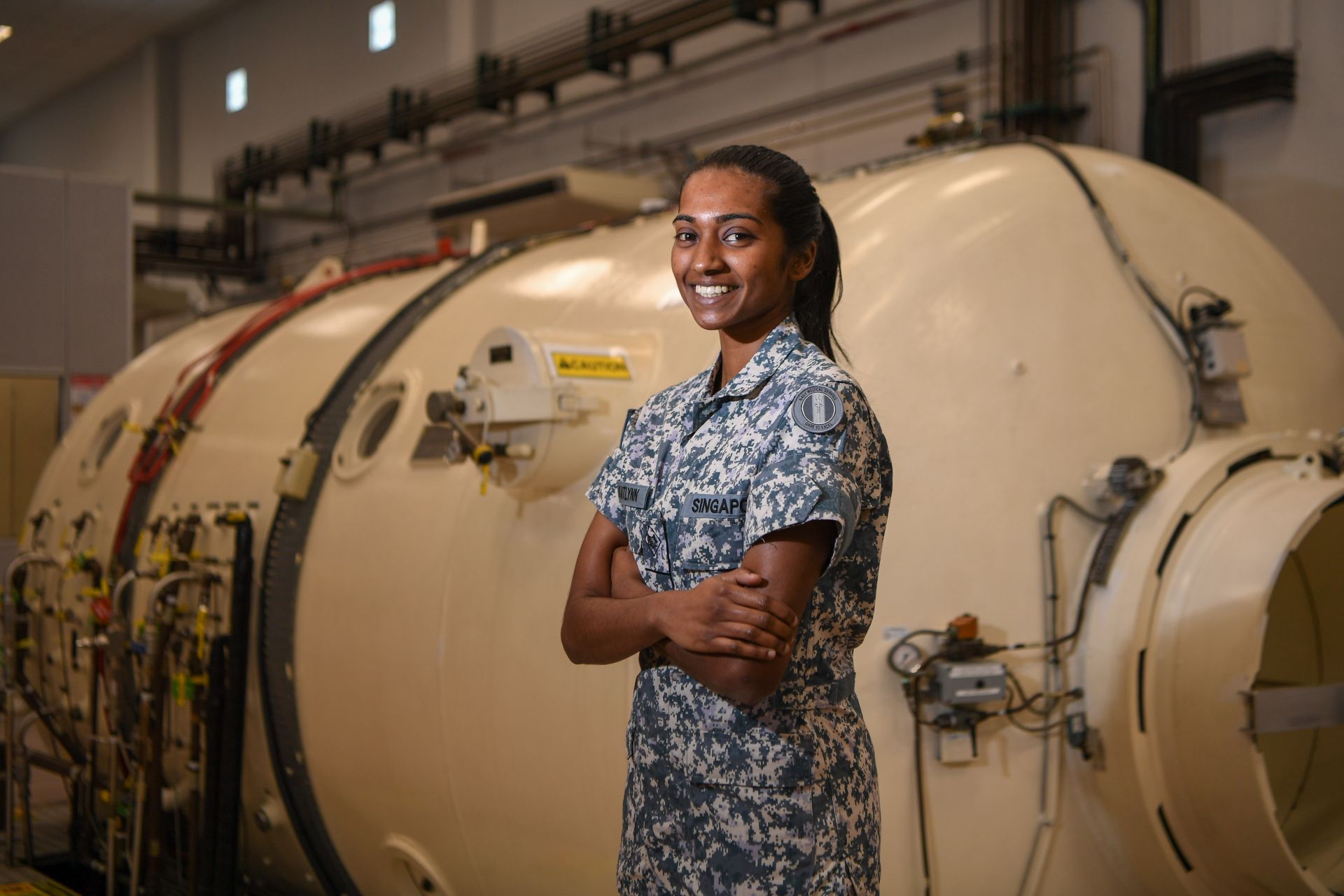
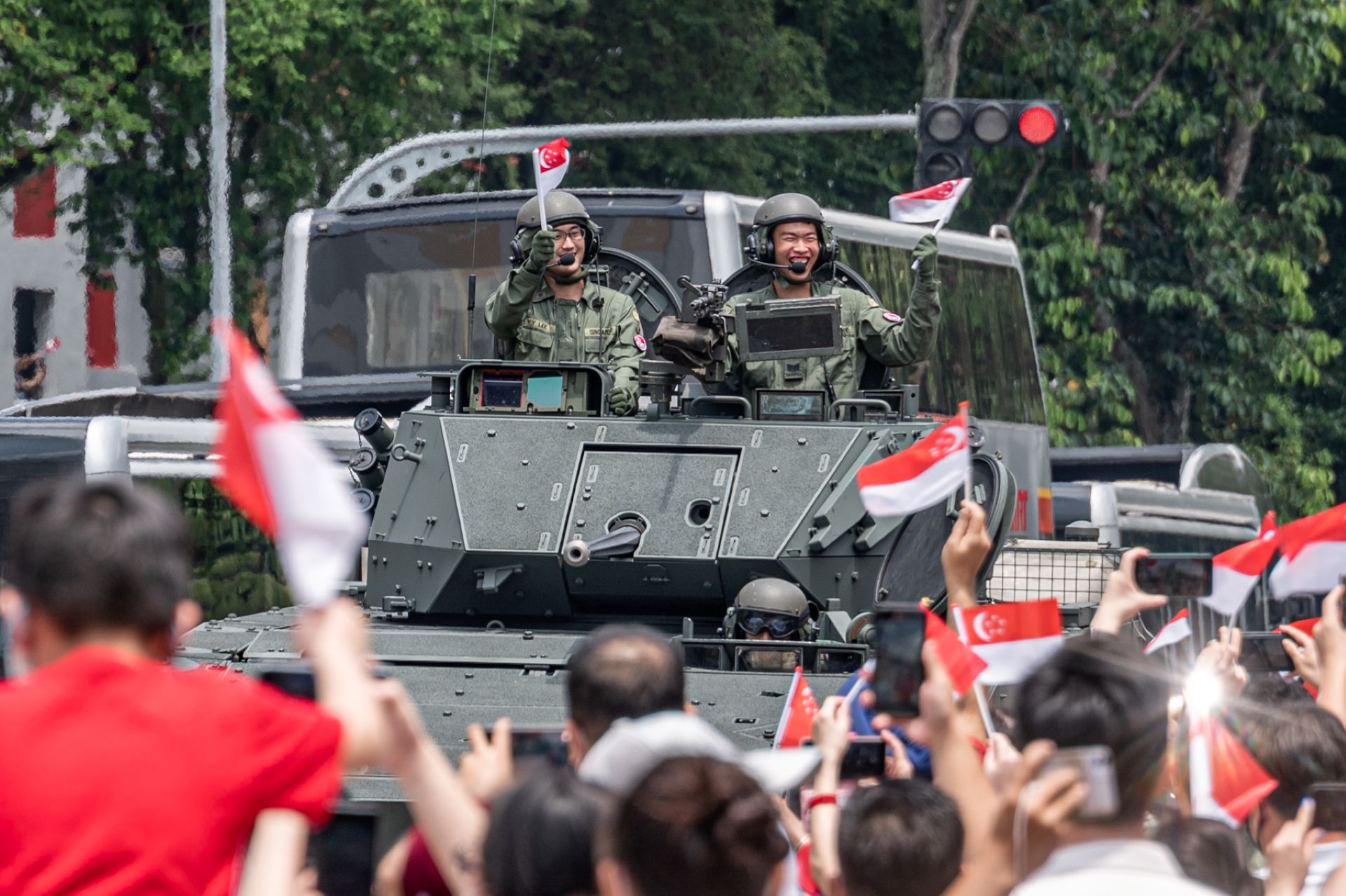
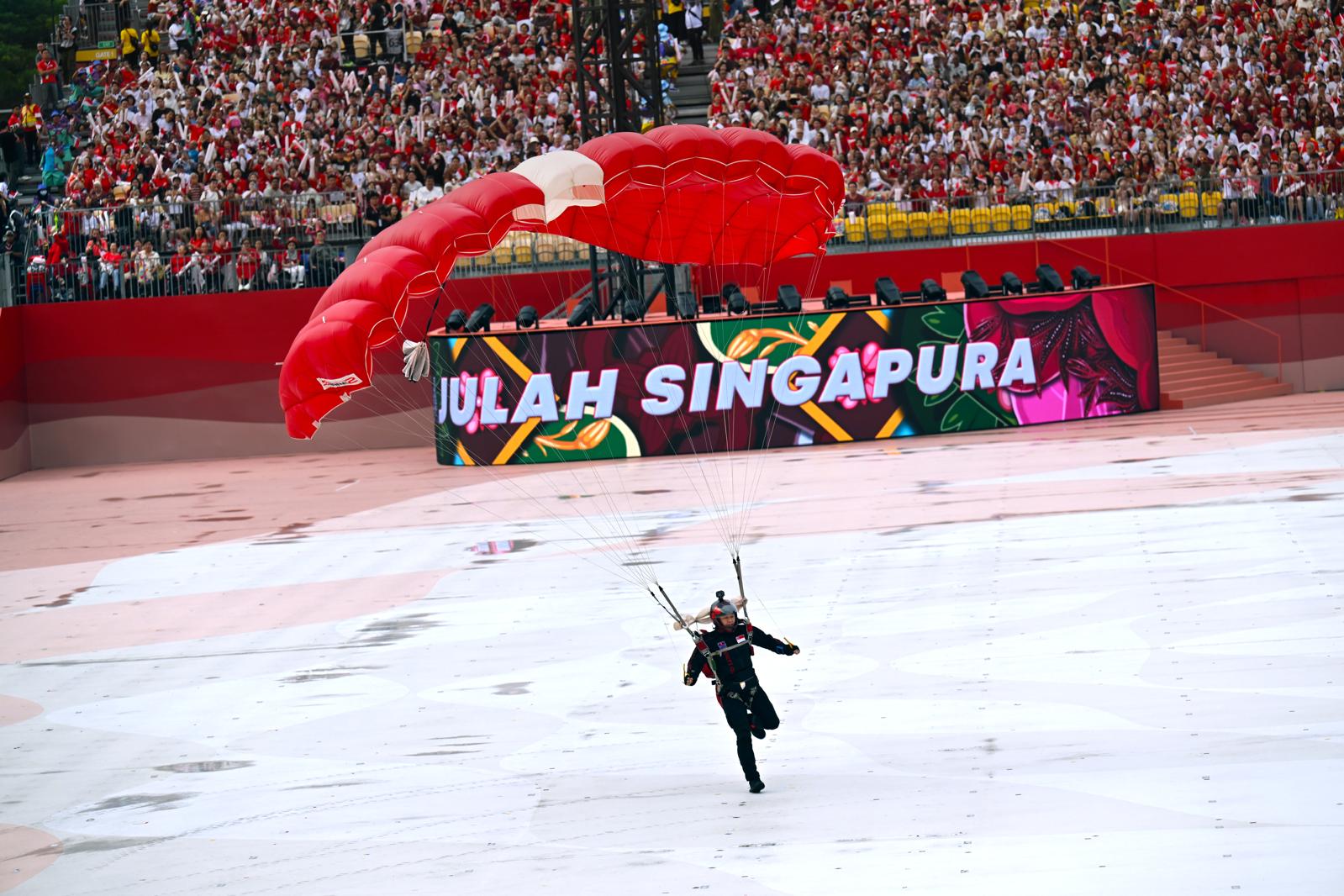
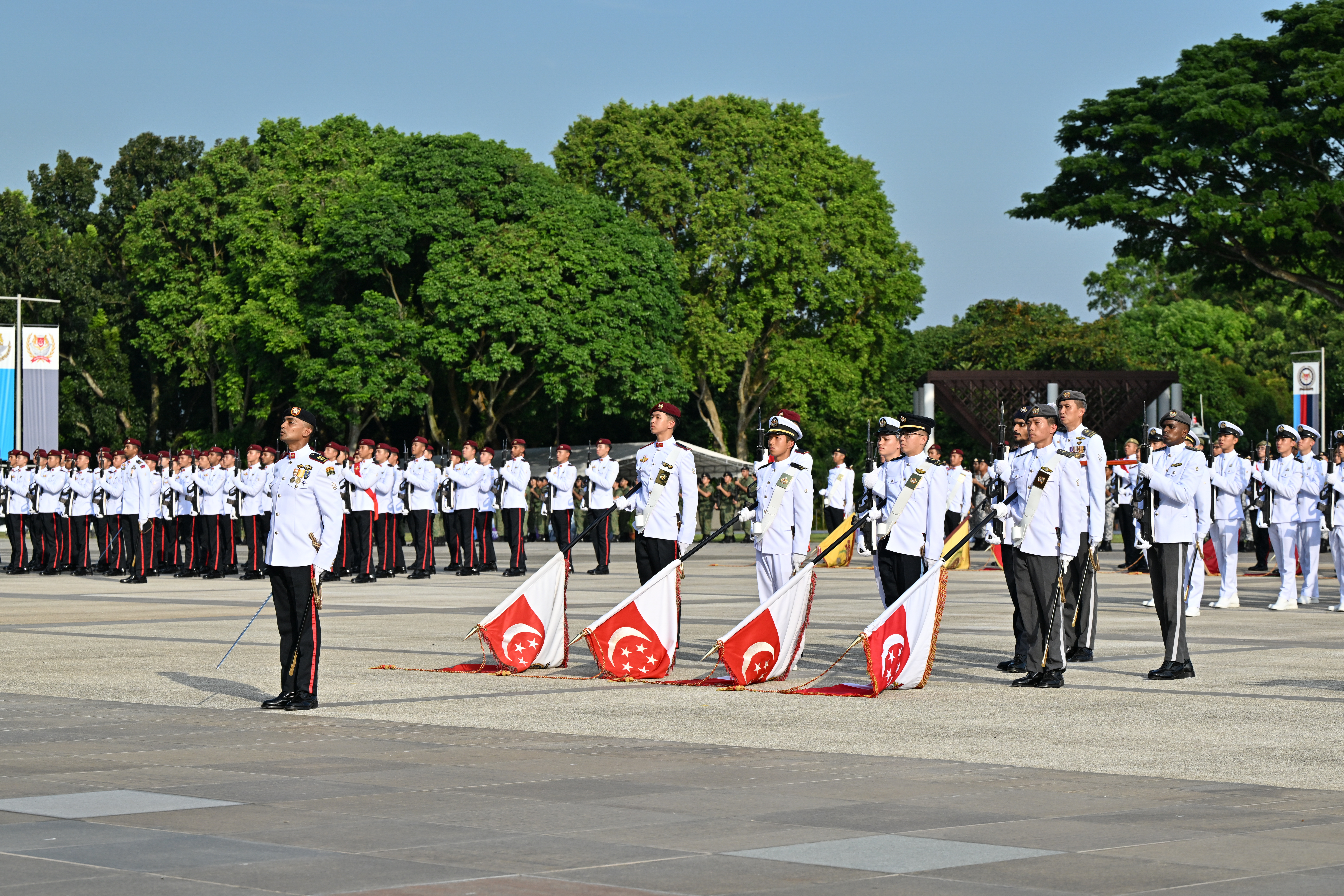
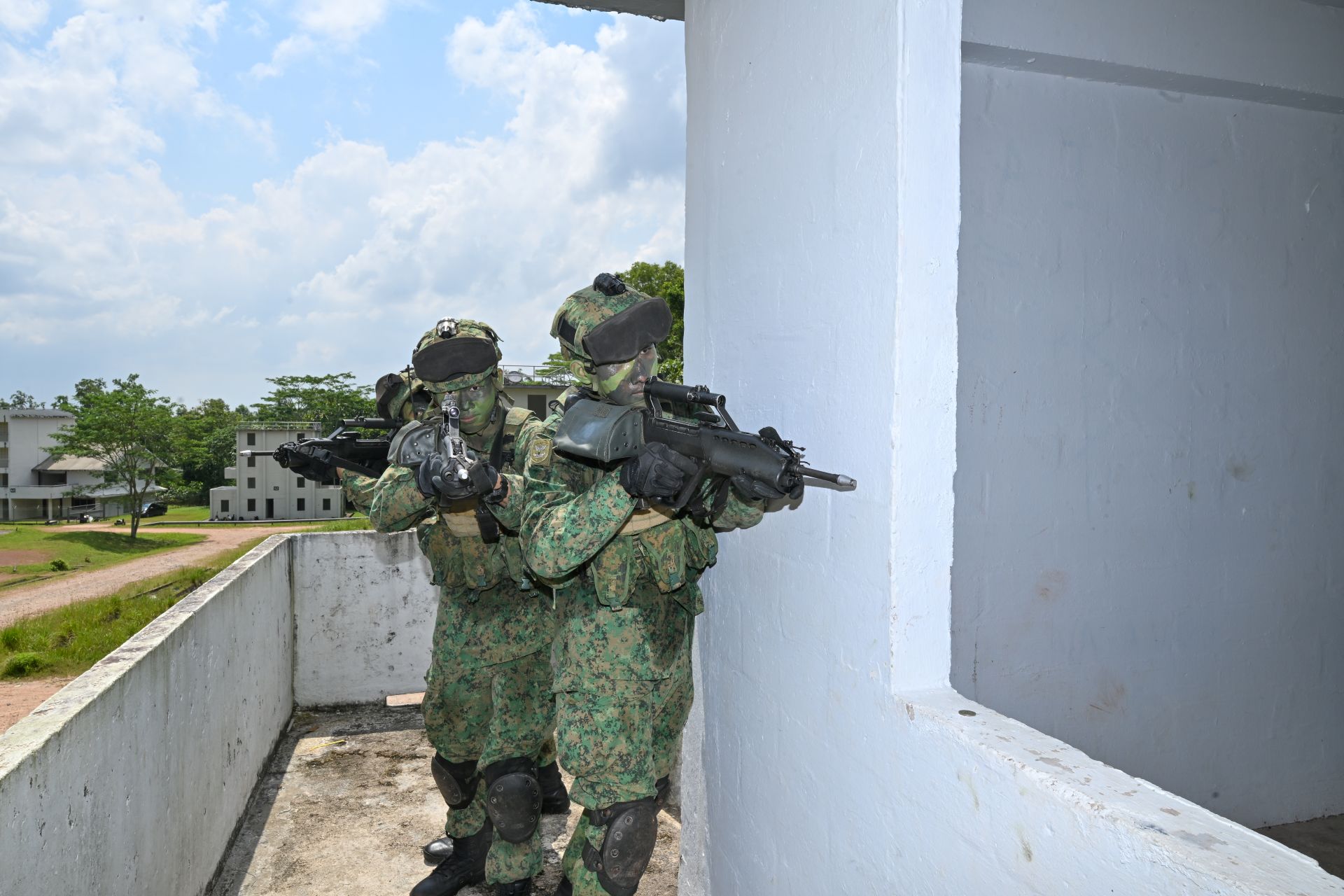
.jpg?sfvrsn=b5383902_1)
.jpg?sfvrsn=4eb1b86e_1)
